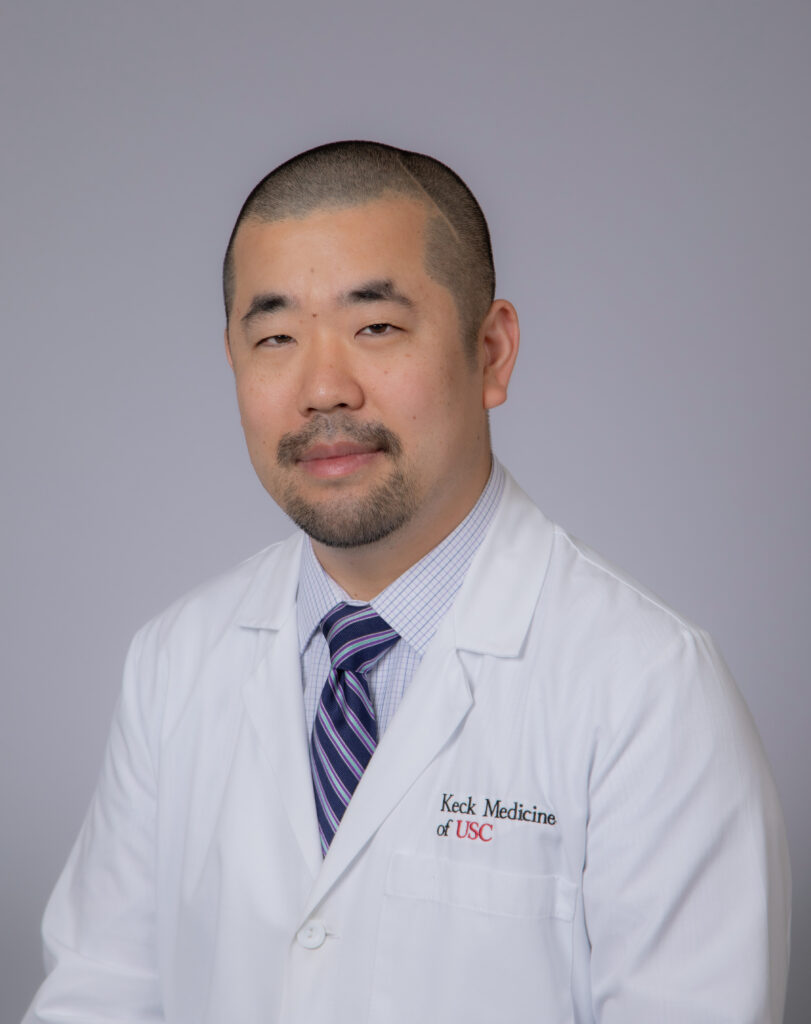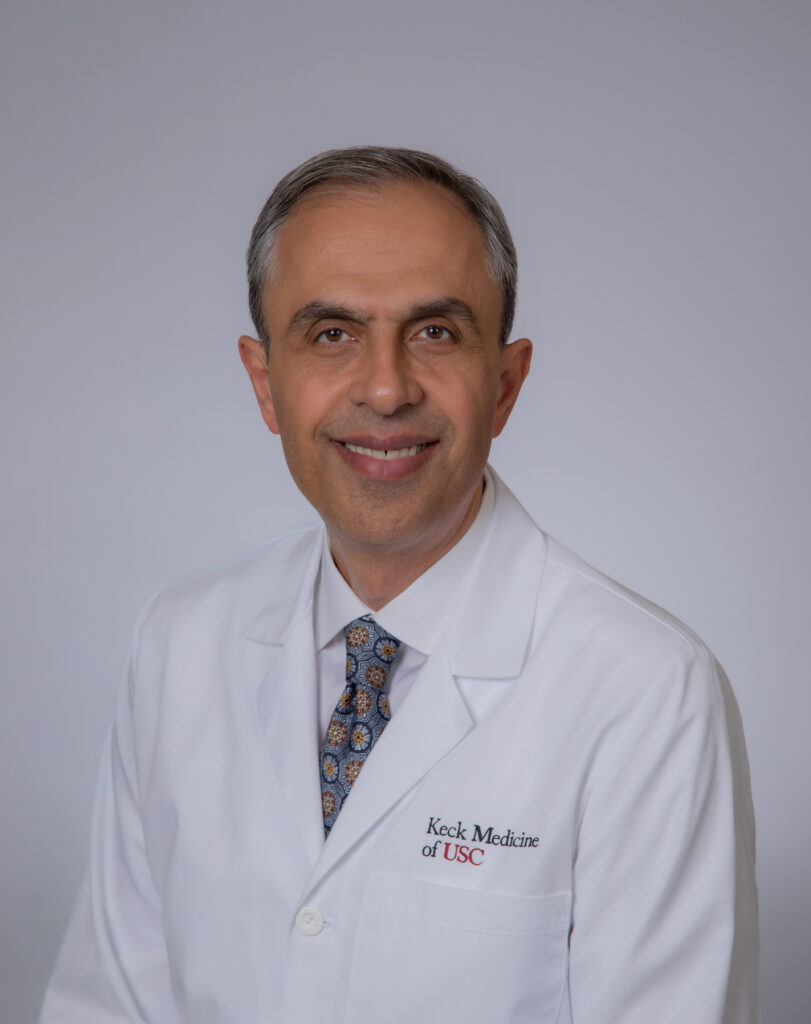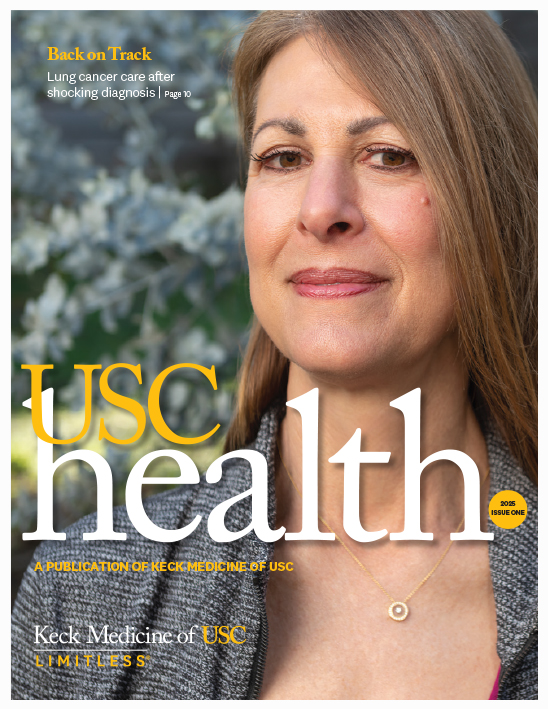
A serious diagnosis can permanently alter your life. What are the best ways to handle treatment and cope long term? Two Keck Medicine of USC experts share their advice.
H. Paco Kang, MD, orthopaedic oncologist and surgeon, USC Sarcoma Program
Any cancer diagnosis is life-changing in a fundamental way, whether curable or not. The hardest part is often before the diagnosis, when you do not know what is wrong.
People almost feel more at peace once they have a diagnosis, even if it is a bad one, because then they have some forward momentum and a plan of action.
The initial diagnosis can be overwhelming. Make sure when you visit your physician that you have written out all your questions.

“The hardest part is often before the diagnosis, when you do not know what is wrong.”
H. Paco Kang, MD
It is important that you and your support team have a complete understanding of your treatment plan. Try to focus on each step of the treatment plan.
Join a support group with individuals that have the same diagnosis. There may also be support groups for your family members.
Even if you are cured from your diagnosis, long-term surveillance is usually necessary. MRIs and other tests are usually required on an intermittent basis to make sure there are no new tumors.
These tests can be anxiety-provoking. Your support group of other individuals with your diagnosis can be very helpful to you over time because of their shared experience.
Aaron Cohen-Gadol, MD, neurosurgeon, USC Brain Tumor Center
A brain tumor diagnosis is extremely life-changing. Doctors must be aware of the effect of this experience and cater to your individual needs to make your treatment journey effective.
It is our responsibility as doctors to make sure you are empowered by information so you can make good decisions.
Generally, not many people know about different types of brain tumors and what impacts they can have on patients’ lives.
“The more comfortable you are with [your surgeon], the easier it will be to make decisions together, and the easier your recovery will be.”
Aaron Cohen-Gadol, MD

It’s critical that your surgeon informs you effectively so that you can understand the impact of your diagnosis on your future. That way, you can adjust your lifestyle properly so you can maintain a high quality of life.
Also, it’s important to find a surgeon that you trust. Do your research online after your diagnosis to make sure that you are confident in your surgeon’s abilities.
The more comfortable you are with them, the easier it will be to make decisions together, and the easier your recovery will be.
Topics


